Reimagining Prosperity and Well-Being for All

“We must retool what prosperity looks like. We’re in a new normal now and not doing things like we’ve done them before. What does that look like for families who are struggling, trying to heal from loss? It’s time for out-of-the-box thinking because it’s all brand new to us. How do we help families prosper in this day and age?”
Dwayne Meeks, Parent Leader, CDHS Family Voice Council

Ascend at the Aspen Institute’s Family Prosperity Innovation Community (Family Prosperity) develops strategies and solutions to improve employment opportunities, economic security, and health and well-being for families with low incomes. By joining forces with parents and caregivers, employers, and policymakers, Family Prosperity removes barriers in order to create clearer, more equitable pathways for families and society to thrive. Each of the 20 Family Prosperity partners focuses on bold policies that support and protect families who are most impacted by cracks in our nation’s systems. Key economic pathways and strategies explored by partners include innovations in child care, health and mental health, paid leave, benefits cliffs, cash payments, and wraparound direct service models.
Ascend launched Phase I of Family Prosperity in late 2017 with the aim of answering a guiding question: How can we reimagine the supports that families need to thrive in these rapidly changing times? Bringing together leading thinkers from policy, research, private sector, nonprofit, and community organizations, this phase produced a wide range of research and resources to advance policy and practice on issues such as paid family and medical leave, child care, health insurance and health care, employment benefits, and social safety net programs. Learn more about the resources the Family Prosperity partners of Phase I created in our Family Prosperity Innovation Community Index.
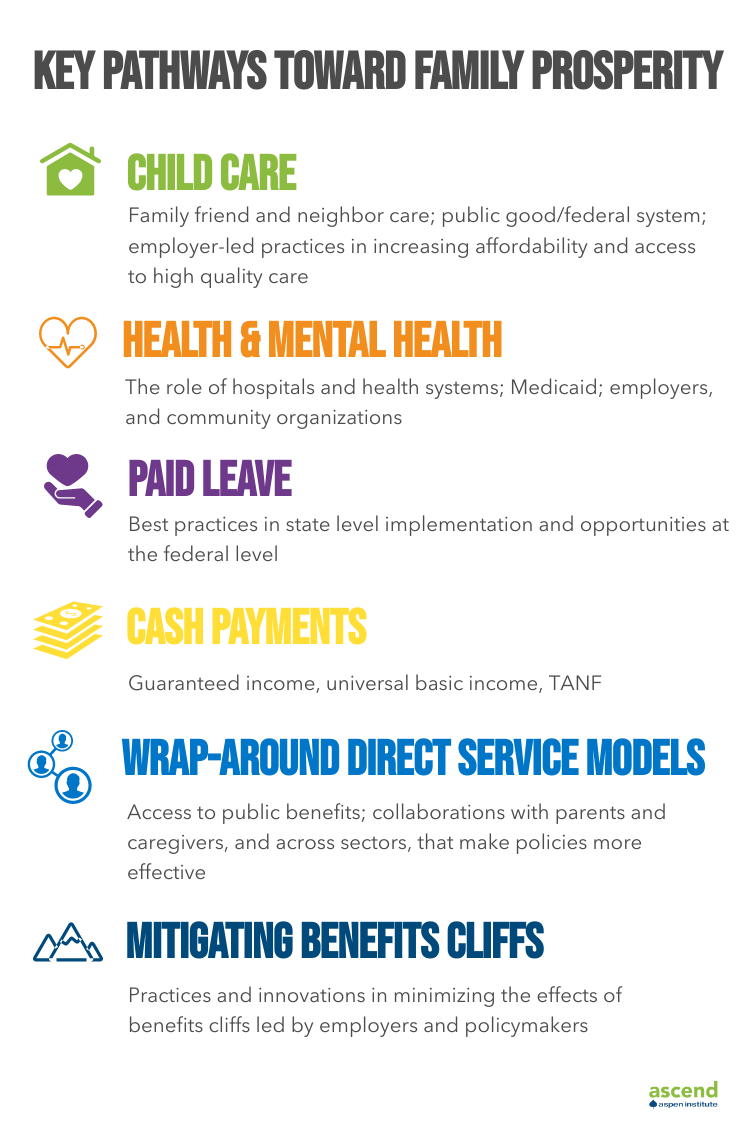
Development and Focus of Family Prosperity Phase II
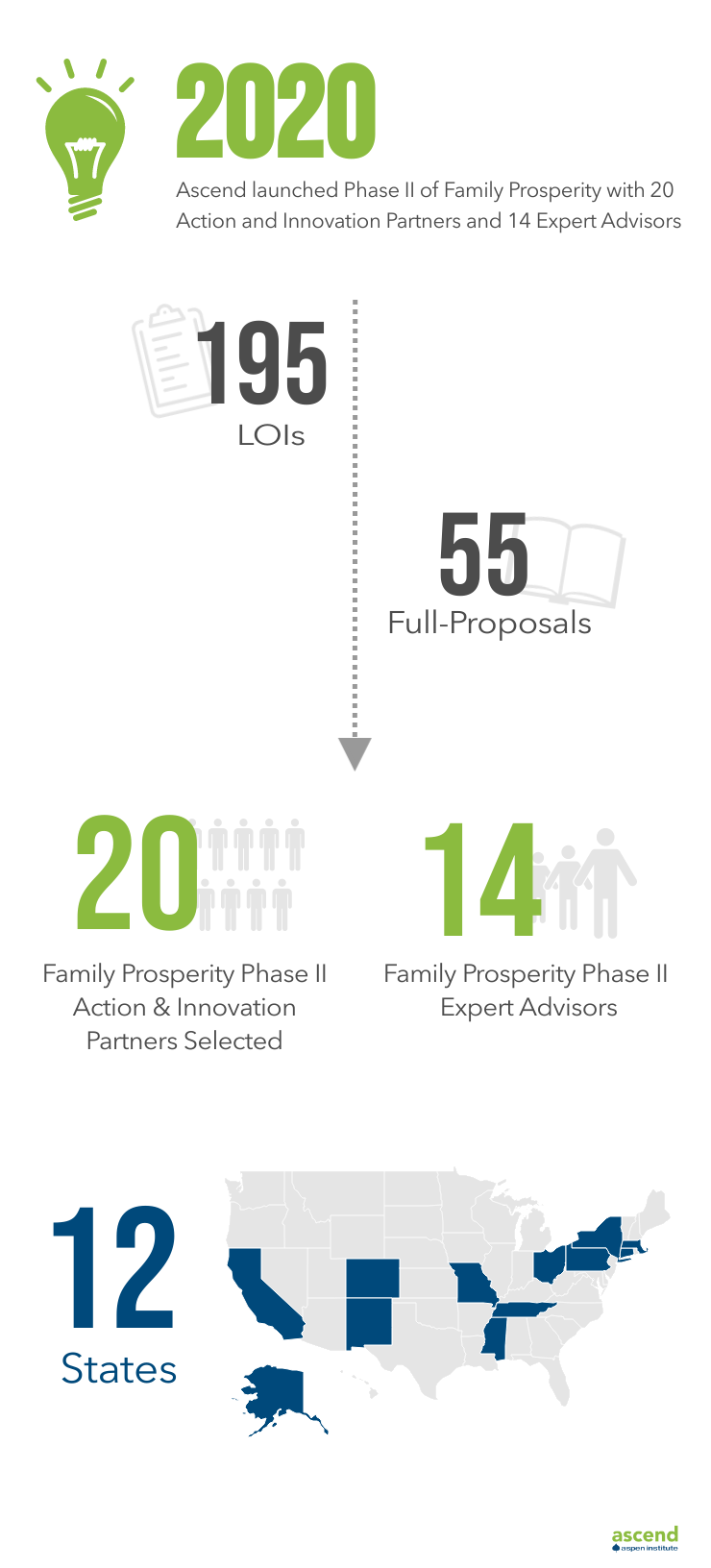
The COVID-19 pandemic, with its mounting impact on the economic stability, health, and well-being of families as well as how it shifted state and federal policy, raised important questions for Ascend. Seeking answers, Ascend designed Phase II to explore:
- Opportunities for employers to better support families’ economic mobility and health while improving their bottom line through intentional workplace policies and benefits;
- Best practices that improve coordination between organizations committed to family stability, including community-based providers, government, and employers;
- Conditions that accelerate the adoption of community and state models and innovations at the national level; and
- In a divided political climate and uncertain economy, ways to bridge gaps and create fresh framing to engage partners across sectors and parties and move all families toward economic stability and good health and well-being.
Ascend launched Phase II of Family Prosperity in July 2020 after conducting extensive outreach for proposals. A select group of organizations was invited to submit proposals following an open-sourced request for letters of intent (LOI). Ascend received 195 LOIs from organizations in 42 states and the District of Columbia and Puerto Rico that reflected a range of innovative ideas and solutions. Fifty-five organizations were invited to move forward to the full-proposal stage. Of the 55 organizations, 20 were chosen to join Phase II of Family Prosperity as Action and Innovation Partners. The cohort, from 12 states around the country, represented a diverse range of sectors and political and religious ideologies.
Fourteen Family Prosperity Advisors — including experts from the business, government, academic, philanthropic, and nonprofit sectors — were invited to provide additional perspective, content expertise, and partnership to Ascend and the 20 Action and Innovation Partners. Collectively, Family Prosperity disseminates a portfolio of actionable approaches that are proven to dismantle discriminatory systems, improve the lives of parents and caregivers who work, and advance family prosperity.
Phase II's Action and Innovation Partners
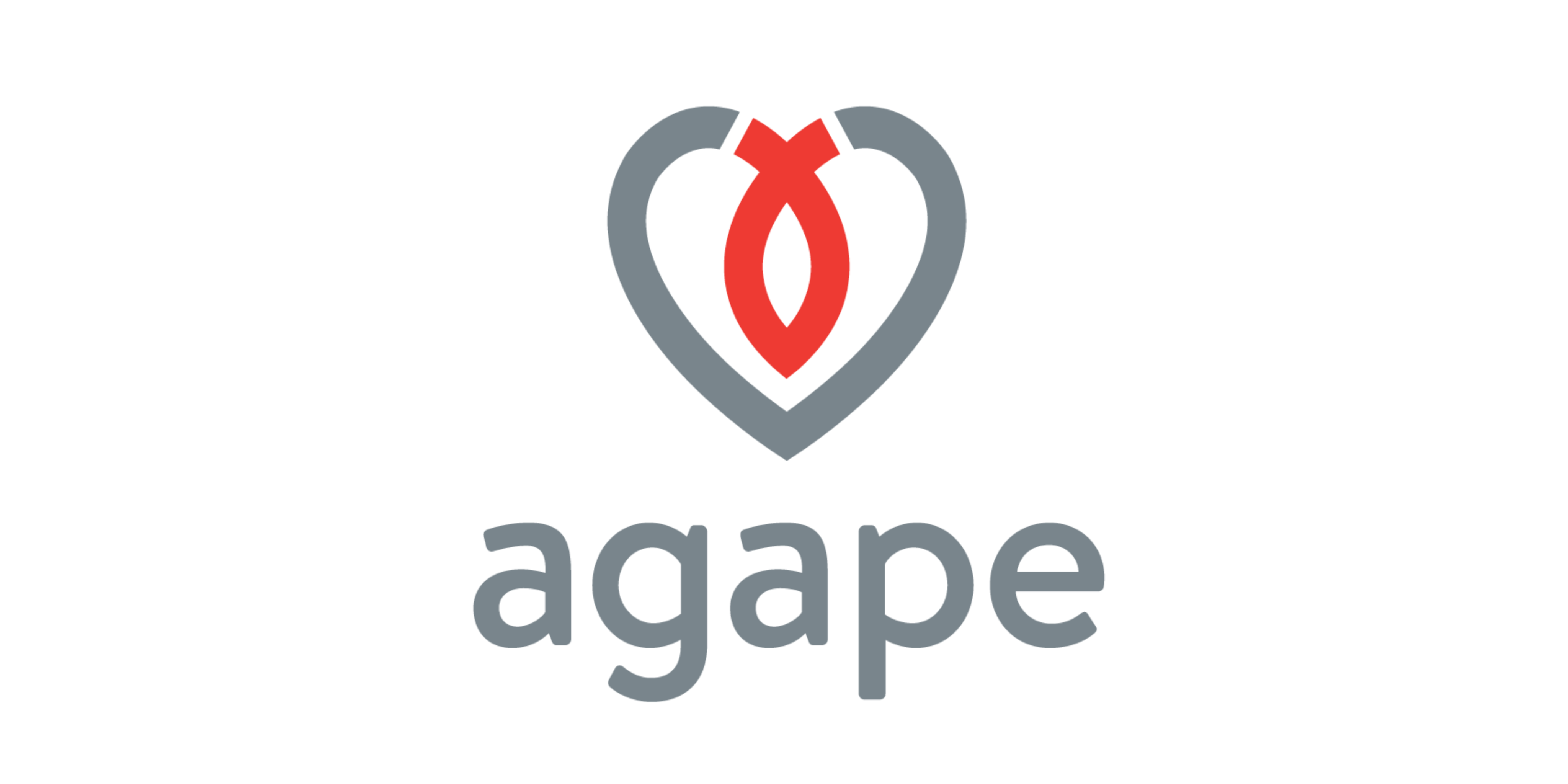


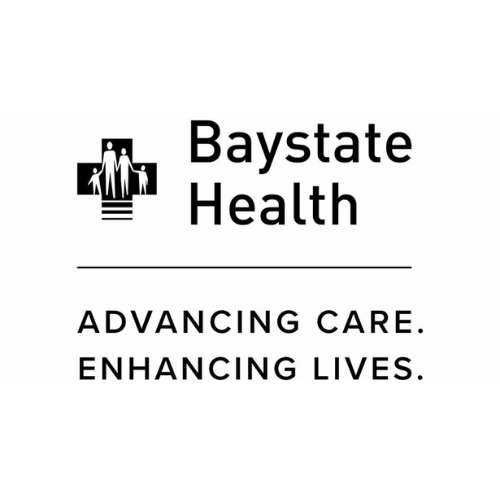
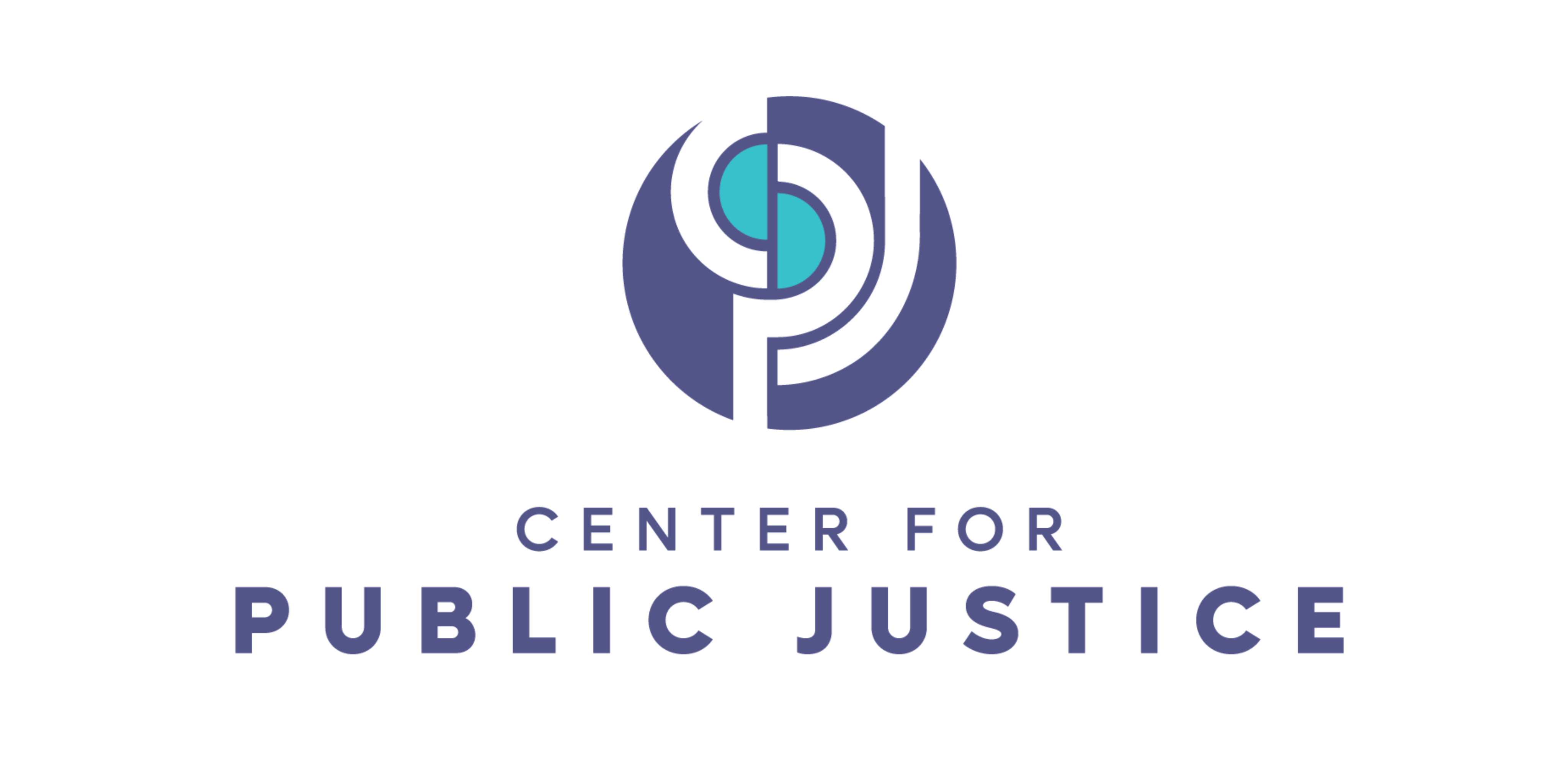
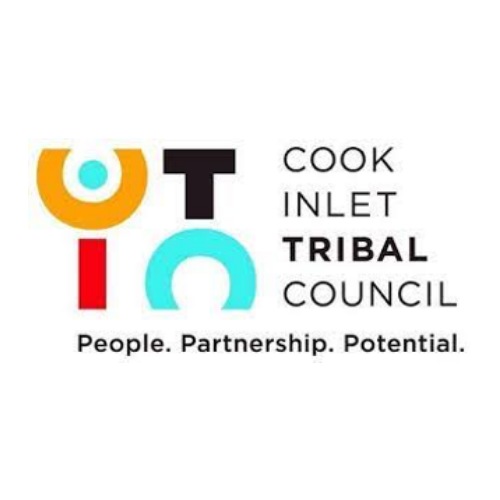

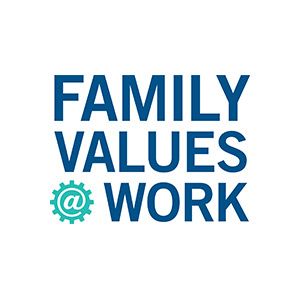
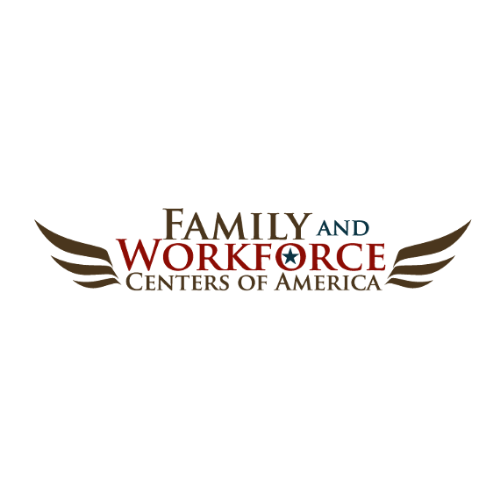

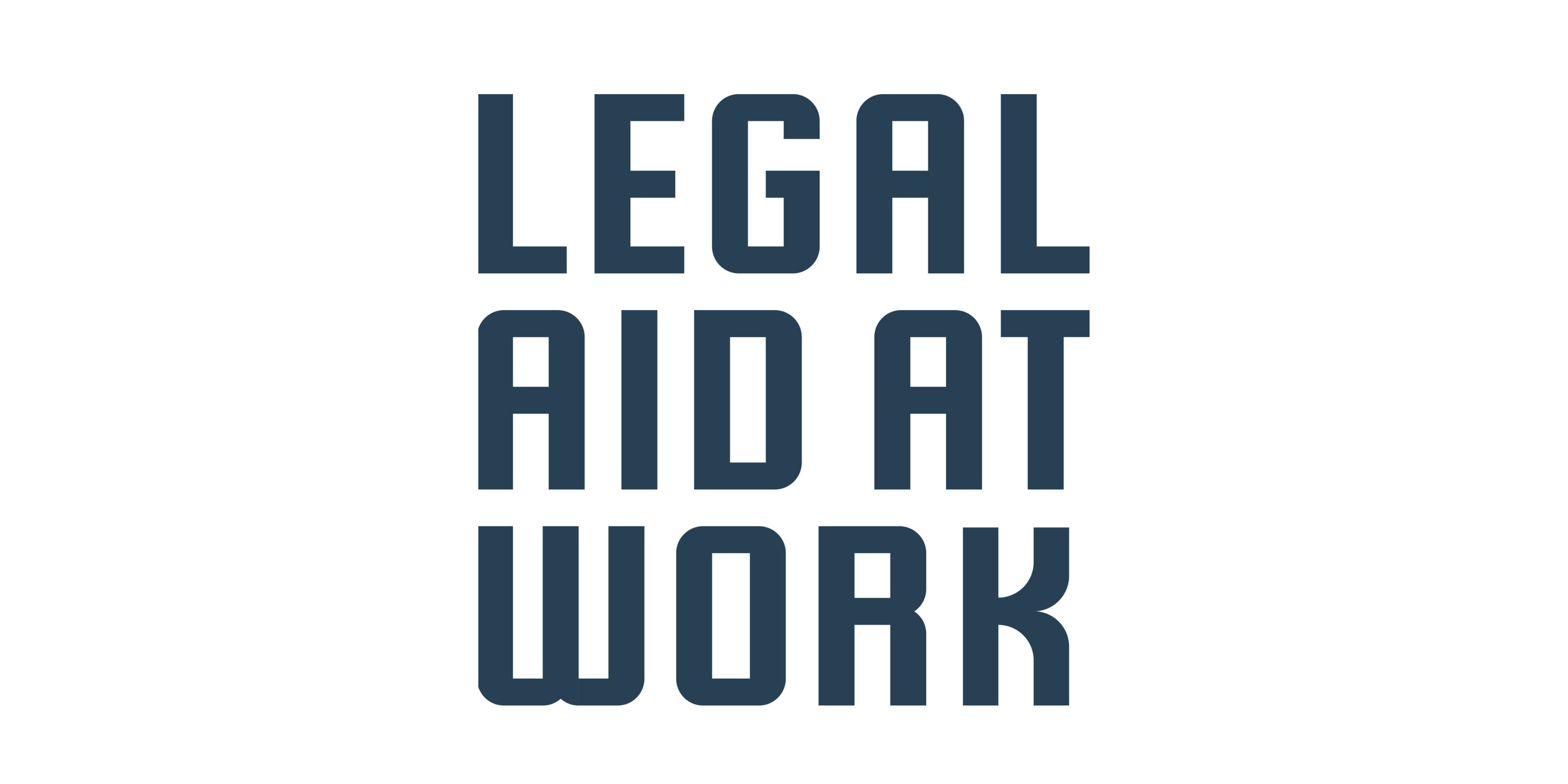
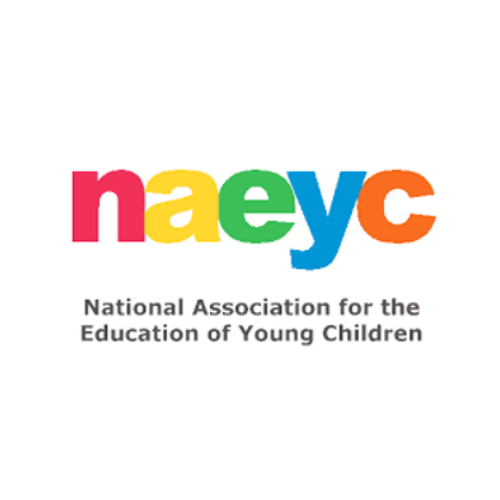
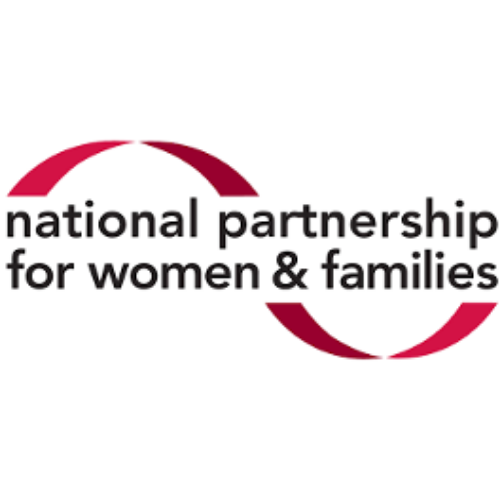

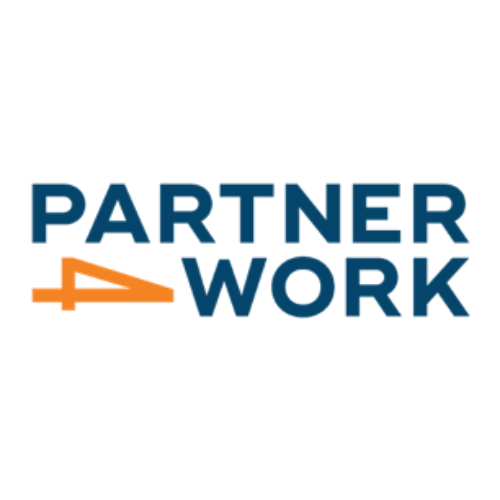
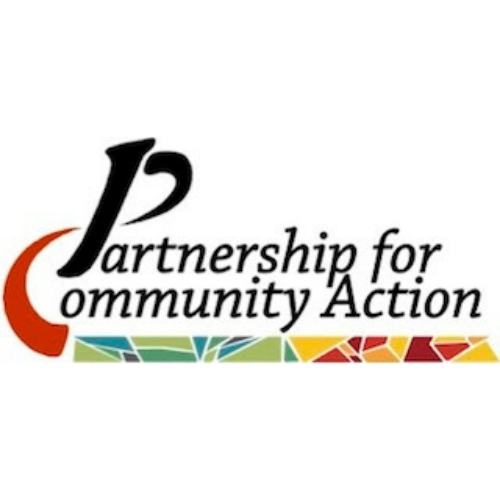


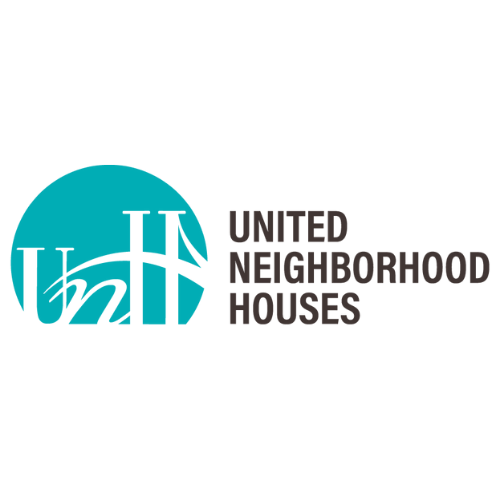
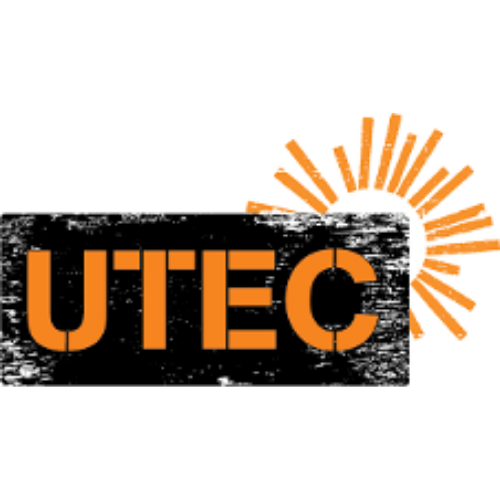
Phase II's Expert Advisors

















Gina Adams, Senior Vice President for Government Affairs, FedEx Corporation
Gina Adams, Senior Vice President for Government Affairs, FedEx Corporation

Rohini Anand, PhD, Former SVP Corporate Responsibility and Global Chief Diversity Officer Sodexo
Rohini Anand, PhD, Former SVP Corporate Responsibility and Global Chief Diversity Officer Sodexo

Albert Fuller, President and Chief Executive Officer, Integrated Packaging Company
Albert Fuller, President and Chief Executive Officer, Integrated Packaging Company

Jesús Gerena, Chief Executive Officer, UpTogether | 2021 Aspen Institute Ascend Fellow
Jesús Gerena, Chief Executive Officer, UpTogether | 2021 Aspen Institute Ascend Fellow

Sarita Gupta, Vice President, US Programs, Ford Foundation
Sarita Gupta, Vice President, US Programs, Ford Foundation

Sara Horowitz, Author and Founder, Freelancers Union
Sara Horowitz, Author and Founder, Freelancers Union

Jerreed Ivanich, PhD, Assistant Professor Colorado School of Public Health
Jerreed Ivanich, PhD, Assistant Professor Colorado School of Public Health

Vicki Shabo, Senior Fellow, New America
Vicki Shabo, Senior Fellow, New America

Eldar Shafir, PhD, Professor in Behavioral Science & Public Policy, Princeton University
Eldar Shafir, PhD, Professor in Behavioral Science & Public Policy, Princeton University

Howard Stevenson, PhD, Constance Clayton Professor, University of Pennsylvania
Howard Stevenson, PhD, Constance Clayton Professor, University of Pennsylvania

Jennifer Sullivan, MD, Senior Vice President for Strategic Operations, Atrium Health
Jennifer Sullivan, MD, Senior Vice President for Strategic Operations, Atrium Health

Lorelei Vargas, Executive Director, Trinity Commons
Lorelei Vargas, Executive Director, Trinity Commons

Sarah Watamura, PhD, Associate Professor, University of Denver | 2015 Aspen Institute Ascend Fellows
Sarah Watamura, PhD, Associate Professor, University of Denver | 2015 Aspen Institute Ascend Fellows

Joseph Wright, MD, Senior Vice President and Chief Medical Officer, University of MD Capital Region Health
Joseph Wright, MD, Senior Vice President and Chief Medical Officer, University of MD Capital Region Health


Activating Learning and Collaboration
Over two years, Family Prosperity Partners provided peer support and technical assistance in monthly strategy calls, 10 issue-focused strategic conversations, and four co-designed multi-day convenings. Each Partner built capacity to strengthen its projects and adapted its work based on peer feedback, yielding a portfolio of innovations highlighted in this compendium.
